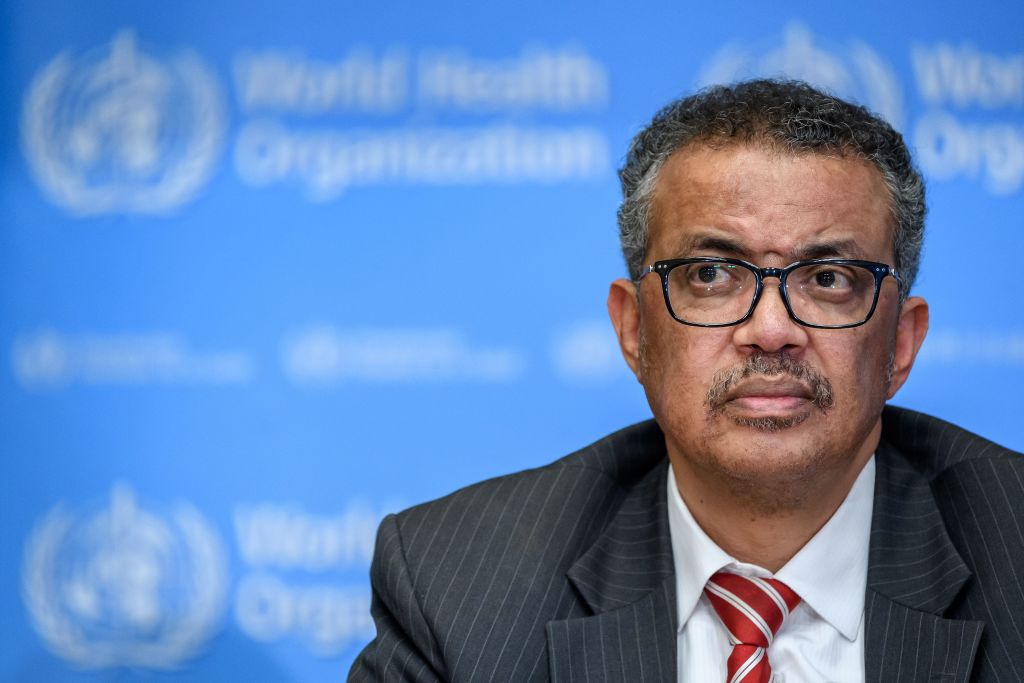The World Health Organisation (WHO) has urged African countries to remain vigilant against the Covid-19 pandemic, warning what is happening in other parts of the world could happen on the continent in the event of complacency.
Some countries outside the continent are now experiencing the third wave of Covid-19, which has seen an increase in both infections and deaths.
Addressing a virtual meeting on African Ministers of Health on Covid-19 situation Saturday, WHO director-general Dr Tedros Adhanom Ghebreyesus, said despite the less strain of the pandemic on the continent compared to other parts of the world that should not be a licence for complacency.
“Although our continent has suffered, we have not yet seen the same scale of devastation in Africa as we have in some other regions,” said the WHO chief.
“We have seen an encouraging decline in cases and deaths since the peak in mid-January; however, several countries in the continent continue to report sustained transmission and increases in some areas. It is critical that none of us is complacent. What is happening now in many other parts of the world can happen in our Africa if we let down our guard.”
In many countries, Ghebreyesus said, the emergence of rapidly spreading variants, combined with premature easing of public health and social measures, and the inequitable distribution of vaccines, was having tragic consequences.
“But we know what works,” said Ghebreyesus.
“There are many countries that have shown that with a consistent and tailored use of proven public health measures, this virus can be controlled, even without vaccines. Since the beginning of the pandemic, WHO has called consistently for national unity and regional and global solidarity. And that is exactly what the African Union has demonstrated.”
Ghebreyesus said Africa was the only region to have developed a unified continental strategy on Covid-19, adding the strategy had delivered results.
“I would like to thank his Excellency President Ramaphosa and Excellency Moussa Faki Mahamat for their leadership and to all Ministers who participated in the first meeting and pushed on since then, and also to Excellency President Tshisekedi,” said the WHO director-general.
He said WHO remained totally committed to supporting every AU Member State to access the tools to end the Covid-19 pandemic, including vaccines.
“We are all painfully aware of the shocking disparity in the global distribution of vaccines,” said Ghebreyesus.
“We’re pleased that with the support of COVAX, 47 countries in the African continent have started vaccinating, but we know the volumes of vaccines are nowhere near enough. So far, Africa has administered 19.6 million doses, or 2% of the global total. Meanwhile, 80% of all doses administered globally have been in high and upper middle-income countries.”

